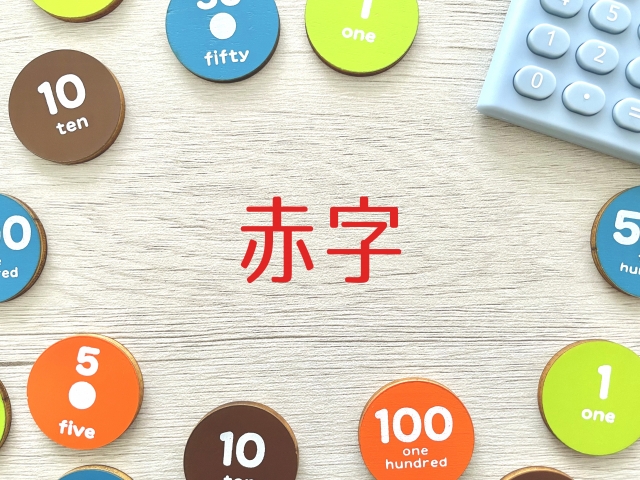Tokyo hospitals are in the red

The reality is that I believe we are mostly running at a deficit.
Labor costs, electricity bills, food ingredients, and all expenses are soaring.
Then, the soaring costs of construction and land prices delivered the final blow.
From here on, with the repayment of the Corona interest-free loans beginning, it is expected that bankruptcies and closures will accelerate.
Still, there is no helping hand from either the government or the citizens.
In Japan, it is assumed that health insurance is managed under the national health insurance system.
Furthermore, the prices are uniform nationwide.
This puts Tokyo at a disadvantage.
I believe this is a form of unfair equality.
In Europe and the U.S., Christians or wealthy individuals donate large sums of money to hospitals.
Citizens also raise funds through donations.
But in Japan, the healthcare system is cold-hearted.
The country has become one where individuals must rely on self-help for their own lives and health.
The citizens have not known the happiness of the past.
To live, everything will now require money.
What used to be equal in terms of life will no longer be.
Japan will no longer be Japan.
How about donating inheritance assets to local healthcare institutions, like a “hometown medical tax”?
In countries with a culture of donating to churches, religion supports healthcare.
In Japan, taxes are paid to the government.
Therefore, I think it would be acceptable to take a little more responsibility with those taxes.
In Japan, doctors are often seen as wealthy.
However, I want people to understand that the hospitals employing these high-end doctors are not necessarily as wealthy as they may seem.
3:36 AM – Epicenter: South of Suruga Bay, Maximum Shindo 2
The room shook with a slight tremor.
Noto Earthquake 325th Day – Blood Sugar 143
Koyama G Representative, Thunderbird Representative,
Vice President of Health Station, Yasunari Koyama
